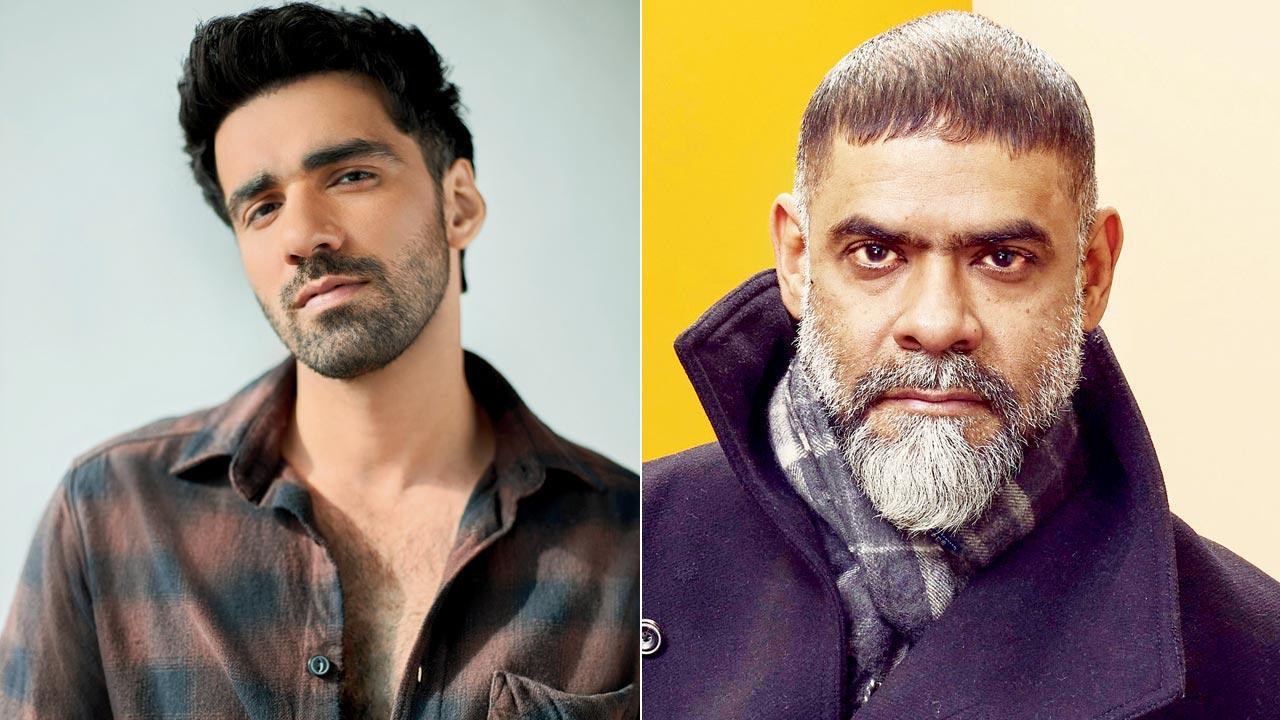Home / Sunday-mid-day / / Article /
Bambai Meri Jaan's Shujaat Saudagar, Avinash Tiwary on depicting Mumbai mafia
Updated On: 24 September, 2023 01:09 PM IST | Mumbai | Juhi Manjrekar
The Bombay mafia never ceases to fascinate audiences. And that’s what director-actor duo Shujaat Saudagar and Avinash Tiwary are hoping for with Bambai Meri Jaan

Avinash Tiwary and Shujaat Saudagar
The opening scene of Bambai Meri Jaan showcases an intense conversation between Ismail (KayKay Menon) and Dara (Avinash Tiwary). The father and son are caught in a moment where the devout cop father is trying to dissuade his drug lord son from leaving the country. Their relationship forms the crux of the show, which is about a Bombay right after Independence, of gangs and gangsters. Directed by Shujaat Saudagar (Gulmohar) and starring Avinash Tiwary (Bulbull, Laila Majnu), the show is about the mafia, which has been an endless muse for many filmmakers, and the relationship between a father and son. We spoke to the director-duo and got a lowdown on their process.
Excerpts from the interview



